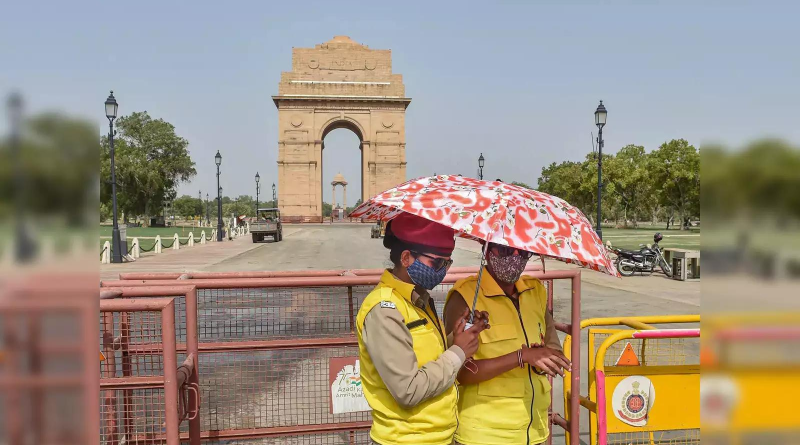Constructive Insurance program helped women avoid working during extreme heat waves
The insurance program implemented by ICICI Lombard and managed by the Self-Employed Women’s Association (SEWA) in India has proven to be a crucial lifeline for more than 46,000
The insurance programs for women like Lataben Arvindbhai Makwana during extreme heat waves in Ahmedabad and other parts of the country have turned out to be very helpful. Lataben, a 40-year-old daily wage laborer, faced unbearable working conditions in her poorly ventilated tin-roofed house during the severe heat waves. The rising temperatures exacerbated her hypertension, making it dangerous for her to work. However, the insurance program provided her with a viable option: stop working for a few hours and receive a payout equivalent to a portion of her daily wages whenever temperatures exceeded 43.6°C. In the recent heat waves, more than 46,000 women across 22 districts in India received a total payout of $340,000. This initiative is crucial as it allows vulnerable women to prioritize their health and well-being without facing financial ruin. The insurance payout for Lataben was Rs. 750 ($9), which covered her food and medication expenses for a few days. In addition to this setup payment, there was a separate charity payout of Rs. 400 when the temperature first exceeded 40°C.
The insurance program is managed by SEWA, where the premium is partially covered by the enrolled women themselves, and the remaining portion is covered by charity. The goal is to eventually have all 2.9 million SEWA members enrolled, with each woman contributing about a day’s wage every month to fund the program entirely through premiums. Kathy Baughman McLeod, CEO of Climate Resilience for All, the charity supporting the program, emphasized its success in addressing the urgent needs of vulnerable women during climate crises. She highlighted that while the insurance program is crucial, it cannot solve all problems, and SEWA continues to implement various interventions, including education programs on heat-related health issues and practical measures to avoid harm. This program not only provides financial support but also restores dignity and self-respect to the recipients. For many women like Lataben, this means avoiding the need to seek high-interest loans from informal money lenders when they cannot work due to extreme weather conditions. Overall, the initiative is seen as a successful model in responding to the immediate impacts of climate change on vulnerable populations, though challenges remain in ensuring its long-term financial sustainability.
[Image Source: TheEconomicTimes]




